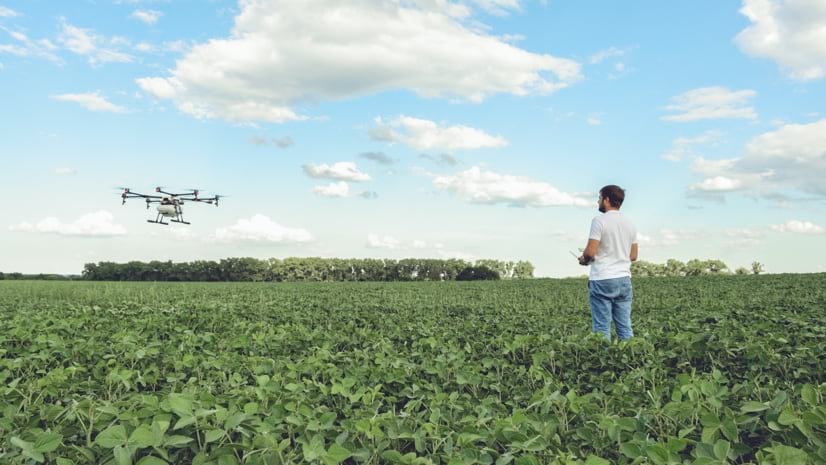The agricultural landscape has seen a remarkable shift from traditional methods to a more sophisticated and efficient approach. This evolution has been fueled by the relentless march of #technology, contributing to increased productivity, sustainability, and precision in farming practices.
Precision Agriculture:
One of the cornerstones of the technological revolution in agriculture is precision farming. This approach relies on a combination of satellite imagery, GPS technology, and sensors to optimize various aspects of cultivation. Farmers can now precisely manage resources such as water, fertilizers, and pesticides, minimizing waste and environmental impact. The ability to monitor and analyze data in real-time empowers farmers to make informed decisions, enhancing overall efficiency.
Smart Farming Equipment:
The advent of smart farming equipment has brought a new level of automation to agriculture. Tractors equipped with GPS systems can navigate fields with unparalleled accuracy, ensuring optimal spacing and minimal overlap. Drones play a pivotal role in monitoring crop health, detecting diseases, and assessing the overall condition of the fields. These technologies not only save time but also significantly reduce the reliance on manual labor.
Data-Driven Decision Making:
Data has become the new currency in agriculture. Farmers can now collect and analyze vast amounts of data related to soil health, weather patterns, and crop performance. This data-driven approach enables them to make informed decisions about planting, irrigation, and harvesting. Machine learning algorithms and artificial intelligence further enhance predictive modeling, helping farmers anticipate challenges and optimize yields.
Climate-Resilient Agriculture:
As climate change poses new challenges to agriculture, technology plays a crucial role in developing resilient farming practices. Sustainable agriculture practices, supported by technology, aim to mitigate the impact of climate change on crops. From precision irrigation systems to climate modeling, technology helps farmers adapt to changing conditions and maintain productivity in the face of evolving climate patterns.

As the agricultural landscape continues to evolve, the synergy between technology and agriculture will play a pivotal role in addressing global food security challenges and ensuring a bountiful future for generations to come.
Feel free to #share your thoughts and /or #reshare the post.
By : Ravi Mishra


